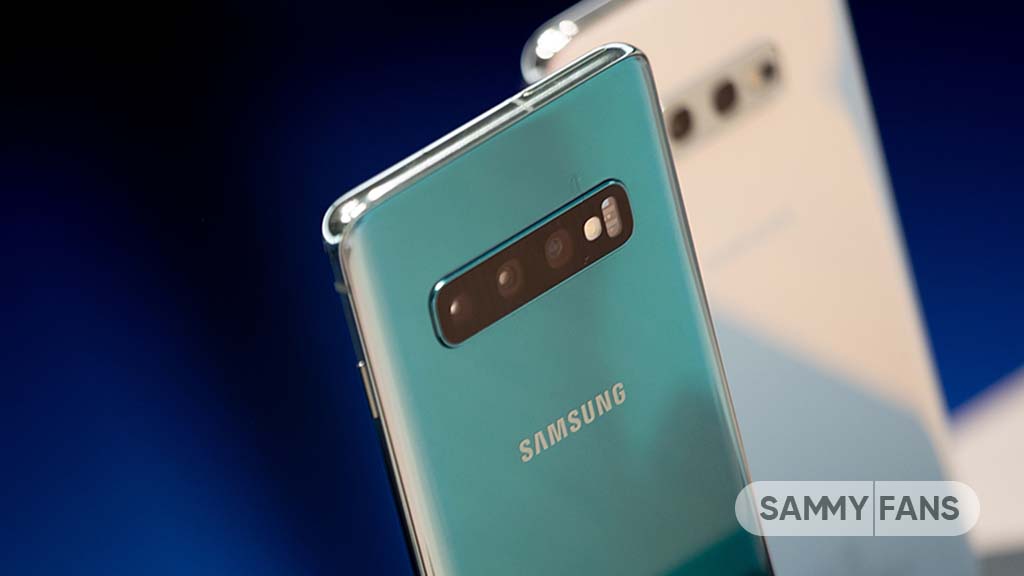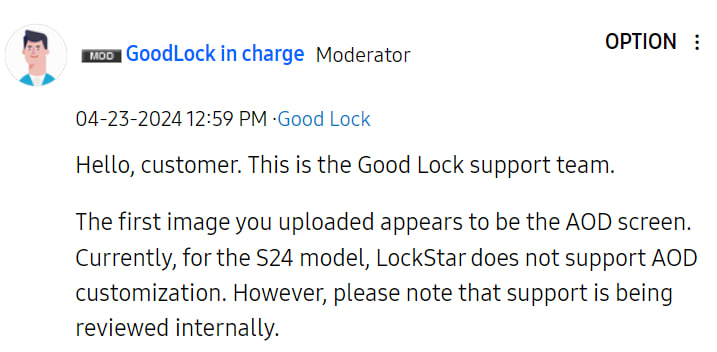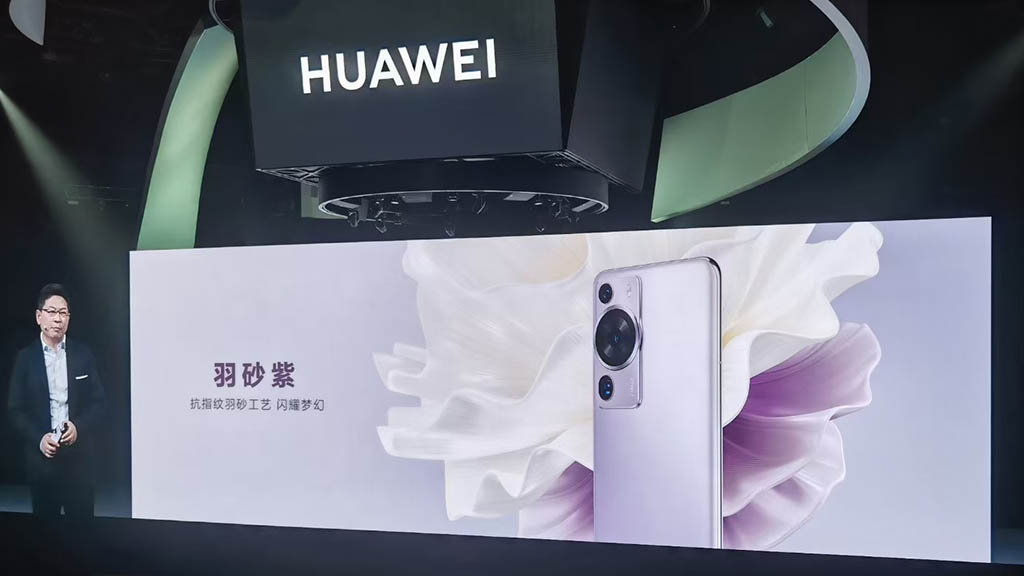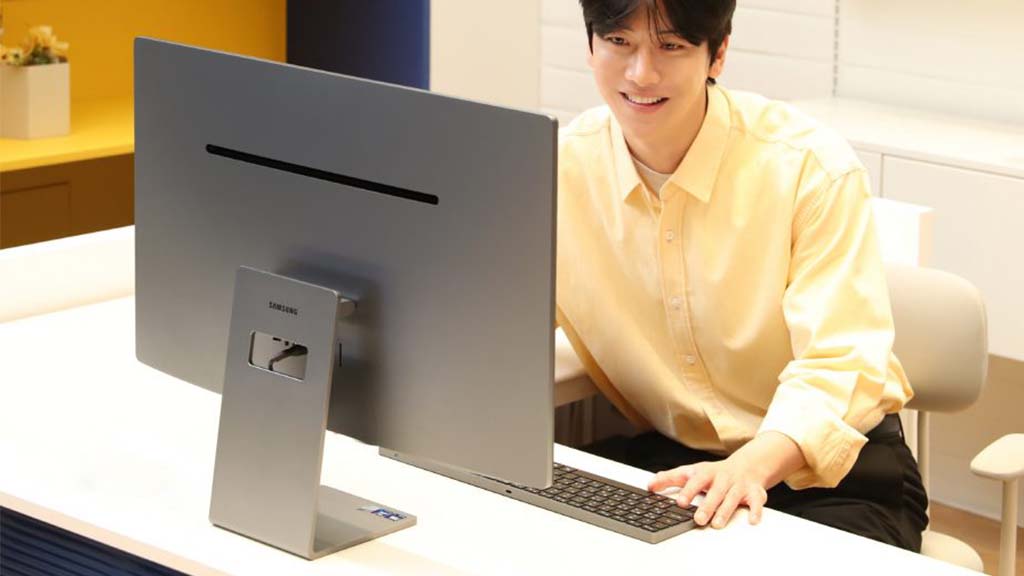News
Insane: $15 gear can bypass Samsung Galaxy’s fingerprint protection

Knox security solution recently turned 10 and Samsung announced the Knox Matrix for future Galaxy devices. Meanwhile, researchers from Tencent Security Xuanwu Lab and Zhejiang University proposed a new attack called “BrutePrint,” which can bypass your Samsung phone’s fingerprint protection.
The aforementioned researchers exploited two zero-day vulnerabilities, Cancel-After-Match-Fail (CAMF) and Match-After-Lock (MAL), and discovered biometric data on the serial peripheral interface (SPI) of the fingerprint sensor was not adequately protected.
Follow our socials → Google News, Telegram, Twitter, Facebook
They are allowing a man-in-the-middle (MITM) attack to hijack the fingerprint image and thus crack the phone’s fingerprint. Usually, brute-force attacks rely on multiple trials and errors to crack codes, keys, or passwords and gain unauthorized access to accounts, systems, or networks.
In the paper published on Arxiv.org (via BleepingComputer), the researchers tested ten common smartphones, achieving an unlimited number of attempts to crack fingerprints on all Android and HarmonyOS devices, and ten additional attempts on iOS devices.

The doc suggests that the idea of the BrutePrint attack is to perform an infinite number of fingerprint image submissions to the target device until a user-defined fingerprint is matched. Attackers need to have physical access to the target device to launch a BrutePrint attack.
Access to a fingerprint database that can be obtained from academic datasets or biometric data leaks requires a cost of about $15 device Besides, the researchers successfully bypassed the limit on the number of unlocking fingerprints through the MAL zero-day vulnerability.

Resulting in, there can be unlimited attempts to unlock on Android phones, and through the “neural style transfer” system, all fingerprint images in the database are converted. Probably, the target device’s sensor scans the image, so it can keep getting closer to the correct fingerprint.

The researchers used 10 devices for cracking tests, including 6 Android phones, 2 HarmonyOS phones, and 2 Apple iPhones. Tests have shown that all devices have at least one flaw, and that Android and HarmonyOS devices can be brute-forced an unlimited number of times.

News
Samsung considers LockStar support for Galaxy S24 AOD customization

Samsung is reviewing LockStar for Galaxy S24 AOD customization. The Korean community’s moderator confirmed that the latest flagship phones don’t support personalization of the always-on-display using Good Lock’s LockStar module.
Thanks to the new screens, Samsung’s Galaxy S24 series brings an iPhone-like Always On Display feature. However, the company seemingly missed bounding it with Good Lock for customization. As a result, users are facing issues tweaking it through LockStar.
However, the latest input confirms that Samsung is considering LockStar support for Galaxy S24 AOD. This will allow users to renovate the always-on-display functionality on their device in various aspects including removal of certain elements.
LockStar doesn’t support AOD customization in the Galaxy S24 series. While an internal review is underway, a possible release may happen shortly. Meanwhile, the moderator hasn’t shared any specific timeline regarding the availability of the support.
Good Lock’s LockStar is one of the most popular plugins for Galaxy customization. Not only the lock screen, the LockStar also lets users tweak the AOD function. The suite will likely add support for the newly released phones well before July Unpacked.

Image: Samsung Community
Stay up-to-date on Samsung Galaxy, One UI & Tech Stuffs by following Sammy Fans on X/Twitter. You can also discover the latest news, polls, reviews, and new features for Samsung & Google Apps, Galaxy Phones, and the One UI/Android operating system.
Do you like this post? Kindly, let us know on X/Twitter: we love hearing your feedback! If you prefer using other social platforms besides X, follow/join us on Google News, Facebook, and Telegram.
News
Beyond Apple, Huawei’s resurgence in China raises concerns for Samsung

Huawei is making a stunning comeback in its home ground. The company scored a 70% year-on-year growth in its smartphone sales in China in the first quarter. At the same time, sales of Apple dropped by over 19%, reports Counterpoint Research.
The report highlights that the Chinese phone maker is set to outpace Apple in China. As Apple is already facing heat, it’s alarming for all smartphone vendors including Samsung. After Apple, Huawei’s next target will be Samsung which leads the Global market.
Huawei, which was at 9.3% in the first quarter of 2023, jumped to 15.5% in Q1 this year. Apple led the Chinese market in 1Q23 with approximately 20% market share slipped to 15.7% in the first quarter of this year, dropping to the third spot in China.
Earlier, IDC pointed out that Apple is facing a market decline as it lost momentum in China. The local government’s push for local vendors is also helping Huawei to eat Apple’s market. Well, Vivo and Honor were the top two brands by market share.
“Apple’s sales were subdued during the quarter as Huawei’s comeback has directly impacted Apple in the premium segment,” said Ivan Lam, senior research analyst at Counterpoint.
Stay up-to-date on Samsung Galaxy, One UI & Tech Stuffs by following Sammy Fans on X/Twitter. You can also discover the latest news, polls, reviews, and new features for Samsung & Google Apps, Galaxy Phones, and the One UI/Android operating system.
Do you like this post? Kindly, let us know on X/Twitter: we love hearing your feedback! If you prefer using other social platforms besides X, follow/join us on Google News, Facebook, and Telegram.
News
Samsung and Intel team up to power the future of AI PCs

Apart from mobile, Samsung is also focusing on the PC market. The company has recently launched its new all-in-one PC “All-in-One Pro.” At the event, the VP of Intel Korea Samsung Business Division announced the intention to work with Samsung for the AI PCs market.
Galaxy AI is a hit, helping Samsung sell the Galaxy S24 series worldwide. The Korean tech giant is also bringing AI capabilities to its laptop line. Compared to smartphones, laptops, and PCs would offer way better AI features and abilities to bolster productivity.
Samsung’s All-in-One Pro features Intel’s Core Ultra AI PC processor CPU. Thanks to Intel’s external GPU, Arc, graphics performance in the all-in-one PC has also improved twofold compared to the previous generation, and power efficiency has been improved by 25%.
“In this trend where AI is present everywhere, the PC is the product that we experience directly and use for production activities,” stated Bae Tae-won.
As far as AI features are concerned, Intel is committed to offering a complimentary “AI Creator App Package” that consists of the Luminar Neo photo editing software named “Affinity” as well as the Magix video editing application “Vegas.”
Apart from Intel, Samsung also partnered with Microsoft to bring a dedicated Copilot key to the wireless keyboard of the All-in-One Pro PC. Such kind of collaborations offer deeply enhanced user experience as accessing AI-powered Copilot is just a keypress away from you.
Stay up-to-date on Samsung Galaxy, One UI & Tech Stuffs by following Sammy Fans on X/Twitter. You can also discover the latest news, polls, reviews, and new features for Samsung & Google Apps, Galaxy Phones, and the One UI/Android operating system.
Do you like this post? Kindly, let us know on X/Twitter: we love hearing your feedback! If you prefer using other social platforms besides X, follow/join us on Google News, Facebook, and Telegram.










